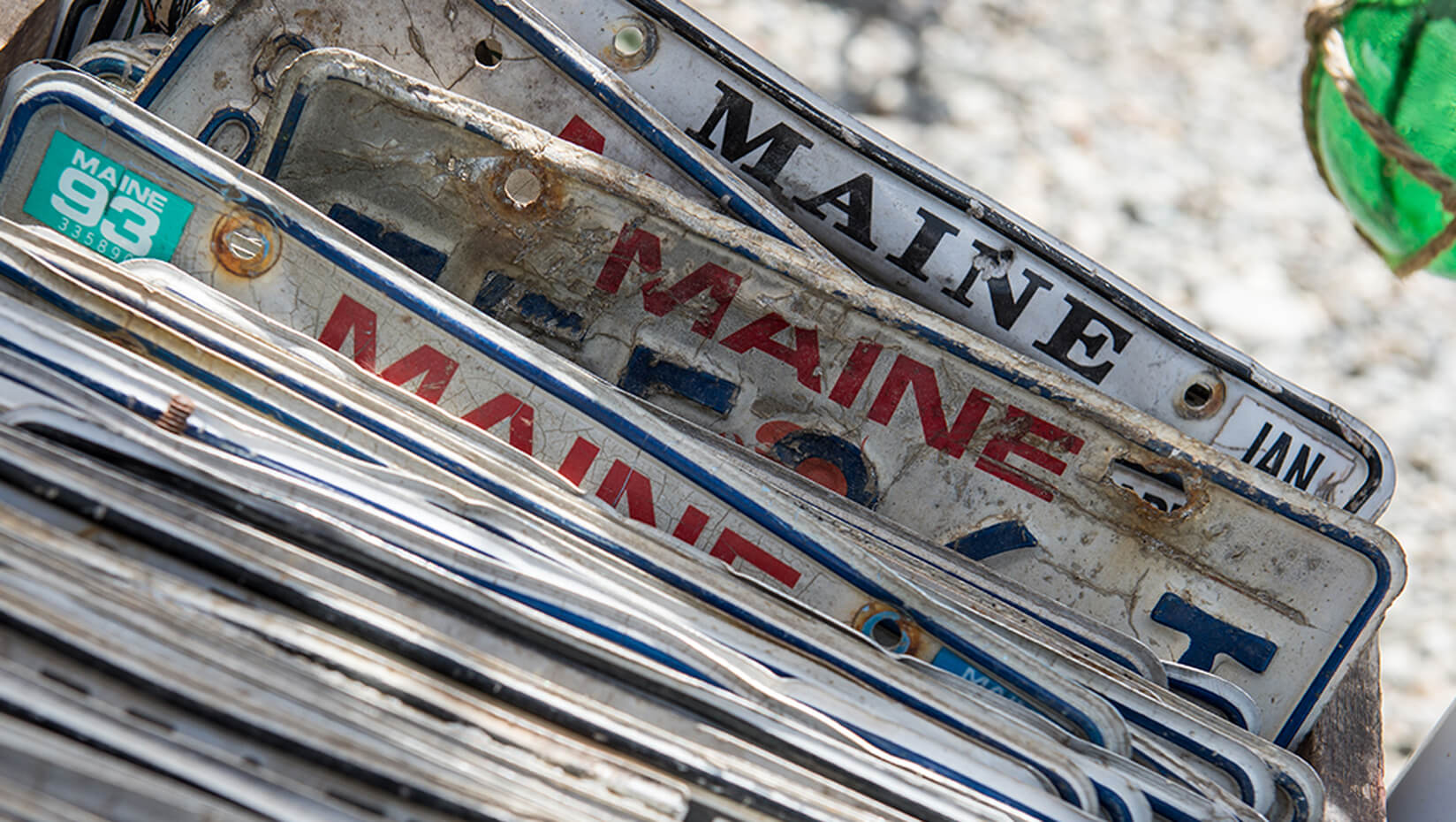
Hudson Museum exhibit explores how thriftiness conserves Earth’s resources
Cindy Isenhour doesn’t subscribe to the adage “out with the old, in with the new.”
The planet can’t sustain it, says the assistant professor of anthropology at the University of Maine.
Consider, she says, that each American annually throws away 1,400 pounds of stuff and that 11,000 gallons of water are used to produce one pair of jeans.
Isenhour is working with a team of scholars at the Senator George J. Mitchell Center for Sustainability Solutions to investigate the reuse, repair and resale of objects as they relate to conserving Earth’s resources and helping to ensure more resilient and just economies for future generations.
To share some of her findings, Isenhour’s exhibit “Resourceful ME: Exploring the Value of Maine’s Reuse Economies” will run from Tuesday, Sept. 20, 2016 through Jan. 20, 2017 in the Hudson Museum’s Minsky Culture Lab at the Collins Center for the Arts at UMaine.
A reception to be held 4–6 p.m. Oct. 27 is free and open to the public.
“Maine has an exceptional culture of reuse,” says Isenhour. “There is another old adage I’ve heard more times since moving here than I’d previously heard in my whole life: ‘Use it up, wear it out, make it do or do without.’”
As an economic and environmental anthropologist concerned with the development of more sustainable societies, these old adages raise interesting questions for Isenhour.
She’s interested in the cultural construction of thrift cultures as well as economic structures that can support both resource conservation and waste reduction.
With photographs and accompanying facts and stories, Isenhour communicates the value of and potential for reuse throughout the exhibit.
For instance, in Limerick, Maine, community members leave items they no longer need at a transfer station shop for other residents to take free of charge. In addition to neighbors helping neighbors, Isenhour says since opening the shop and improving recycling programs, the town has reduced its annual landfill waste from 291 to 39 tons.
The exhibit also features sharing economies that put not-being-used items in storage units, garages, attics and basements to use. In a Portland community tool library, donated and jointly purchased tools are available for all residents to utilize.
In Maine, used goods change hands in a myriad of ways. People flock to flea markets, yard sales and antique shops and they scour classified ads in the popular Uncle Henry’s print and online publication.
People participate for a variety of reasons, Isenhour says. They may enjoy treasure hunts, want to protect the environment, and/or need lower-cost alternatives.
“As we learn more about resource depletion, climate change and the potential for economic insecurity, we’re seeing a strong resurgence of interest in repair and reuse,” she says.
With such a strong existing culture of reuse, Isenhour thinks Maine may have a few lessons to share.
Hudson Museum is free and open to the public from 9 a.m. to 4 p.m. Monday through Friday and from 11 a.m. to 4 p.m. Saturday. It also is open 90 minutes prior to performances at the CCA and during intermissions.
Contact: Beth Staples, 207.581.3777
